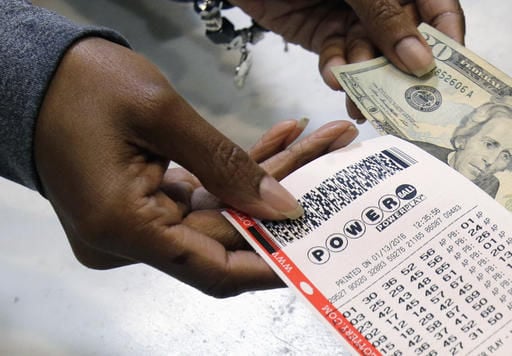PHOENIX — The next big winner of the Arizona Lottery could be none of your business.
On a party-line vote Tuesday, the House Commerce Committee approved a measure to allow anyone who wins at least $100,000 to demand their names be kept confidential. HB 2552 now goes to the full House.
The move comes four years after lawmakers agreed to keep the names of winners secret for 90 days. The logic behind that was it would give people sufficient time to figure out how to deal with their newfound fortune and set up trusts or protections.
But Rep. Nancy Barto, R-Phoenix, said that’s not enough, citing the concerns of a constituent whom she did not name.
“They will not even engage in the Lottery because of fear that, if they do win, their life will change and they won’t be able to withstand the very likely threats and bodily harm, all kind of nuisance calls and harassment,” she said. And Barto said these problems do not just exist for those who win the multi-million dollar prizes.
“Even the lesser amounts can really cause so much havoc in a person’s life,” she said. “We don’t need to subject them to that.”
But attorney Chase Bales, representing the Arizona Republic and KPNX-TV, said there’s no basis for Barto’s claim that people don’t play the lottery out of fear of winning. He said the reverse is true because public oversight of the process, including access to the names of winners, promotes public confidence in the Lottery.
“By ensuring we know who’s winning the Lottery we know that the Lottery and its winnings are not being doled out to people, friends, family of the Lottery,” Bales said. “That, in turn, increases public participation in the Lottery, increases the number of people who are willing to play.”
Bales said if winners are threatened they can go to court to seek legal protections.
But Rep. Bret Roberts, R-Maricopa, said he’s not sure that’s a realistic solution. He said judges generally want evidence of actual threats versus simply being bothered by a relative or a salesperson.
“I’m not sure that qualifies,” he said.
At least eight states have specific privacy statutes. But there are other states that have provisions that allow those who buy Lottery tickets to get them in the name of a trust.





